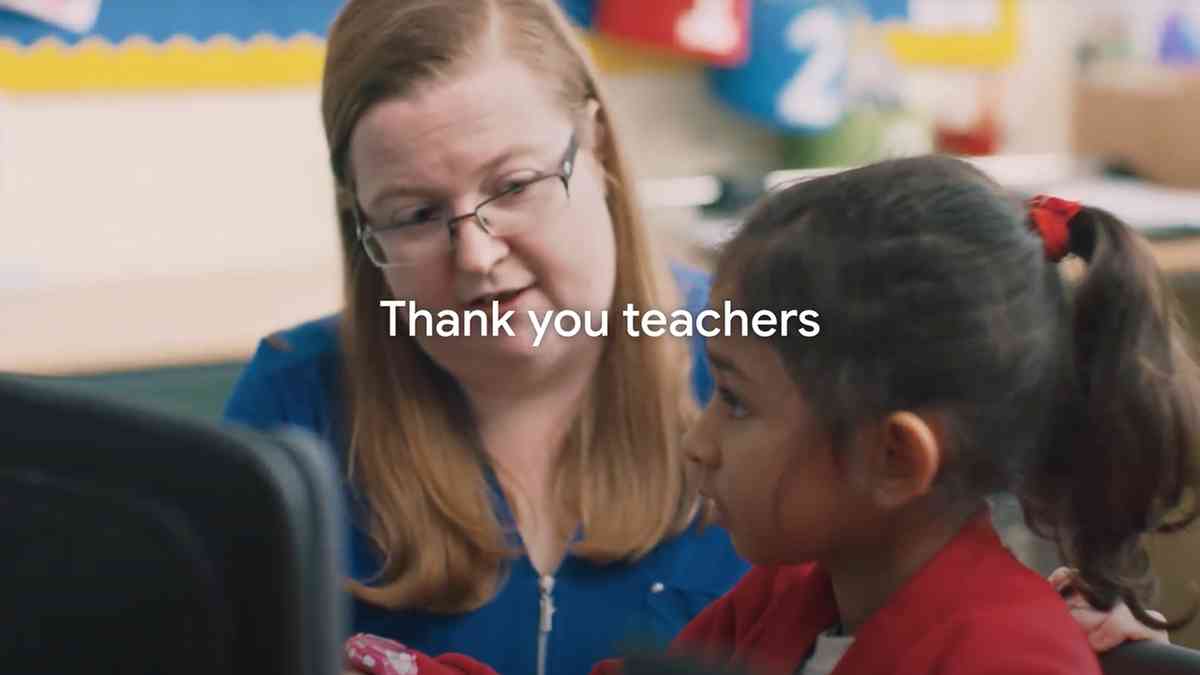World
World Teachers’ Day: Addressing the Global Teacher Shortage

World Teachers‘ Day, celebrated annually on October 5th, brings attention to the pressing issue of the teacher shortage worldwide. With an increasing concern about the scale and impact of this shortage, UNESCO reports that the world needs an additional 69 million teachers by 2030 to achieve universal basic education. However, current trends indicate that this deficit is only growing, as many teachers are leaving the profession. A recent study conducted by Education International and its partners identifies the main factors driving this exodus and proposes potential solutions to counter it.
The 2023 edition of World Teachers’ Day, co-hosted by Education International, UNESCO, the International Labour Organization, and UNICEF, sheds light on the global teacher shortage under the theme “The teachers we need for the education we want: The global imperative to reverse the teacher shortage?”. The event aims to draw attention to the crucial nature of this issue and explore ways to address it effectively.
David Edwards, General Secretary of Education International, emphasizes the challenges faced by teachers today, stating that they are overworked, undervalued, and underpaid. As a result, many are reluctantly leaving their beloved profession, causing a detrimental impact on the education system. He attributes this growing problem to deteriorating working conditions, inadequate pay adjustments, increased workloads, and diminishing professional autonomy due to excessive controls and bureaucratic requirements. Edwards stresses the urgency for immediate action to preserve the right to quality education.
To bring about significant change, teachers worldwide are mobilizing through Education International and its Go Public! Fund Education global campaign. This campaign underscores governments’ urgent need to fully finance public education systems and invest in the teaching profession. By doing so, they can effectively address the teacher shortage and guarantee every student’s right to access a well-supported qualified teacher and a high-quality learning environment.
At an international level, the urgent call for action has been echoed. In 2022, during the Transforming Education Summit, the United Nations General Secretary drew global attention to the issue of teacher shortage, recognizing its critical dangers. Consequently, the United Nations High-Level Panel on the Teaching Profession was established to tackle this crisis and provide governments with clear recommendations to implement effective solutions.
Susan Hopgood, President of Education International and a member of the United Nations High-Level Panel on the Teaching Profession, emphasizes the necessity for decisive political action to reverse the global teacher shortage. This action requires adequate funding for public education, investments in teachers, guaranteed labor rights, and improved working conditions. Hopgood emphasizes that investing in education is not solely about financial resources; it is about respecting and valuing pedagogical expertise and involving teachers in decision-making processes.
The High-Level Panel on the Teaching Profession has formulated over 50 recommendations that governments must implement to address the teacher shortage effectively and ensure the right to quality education for all.












